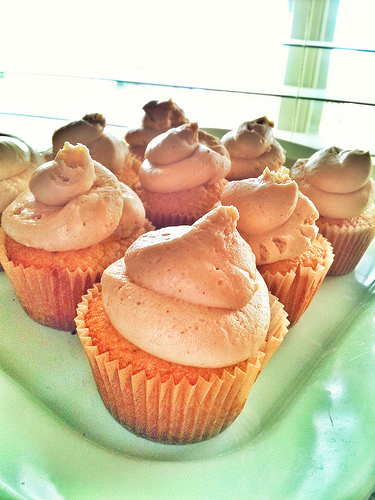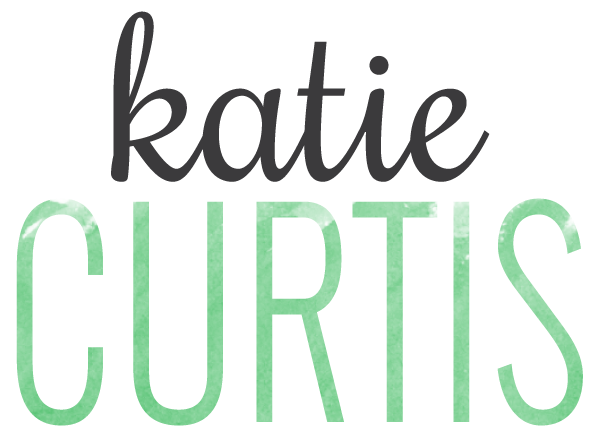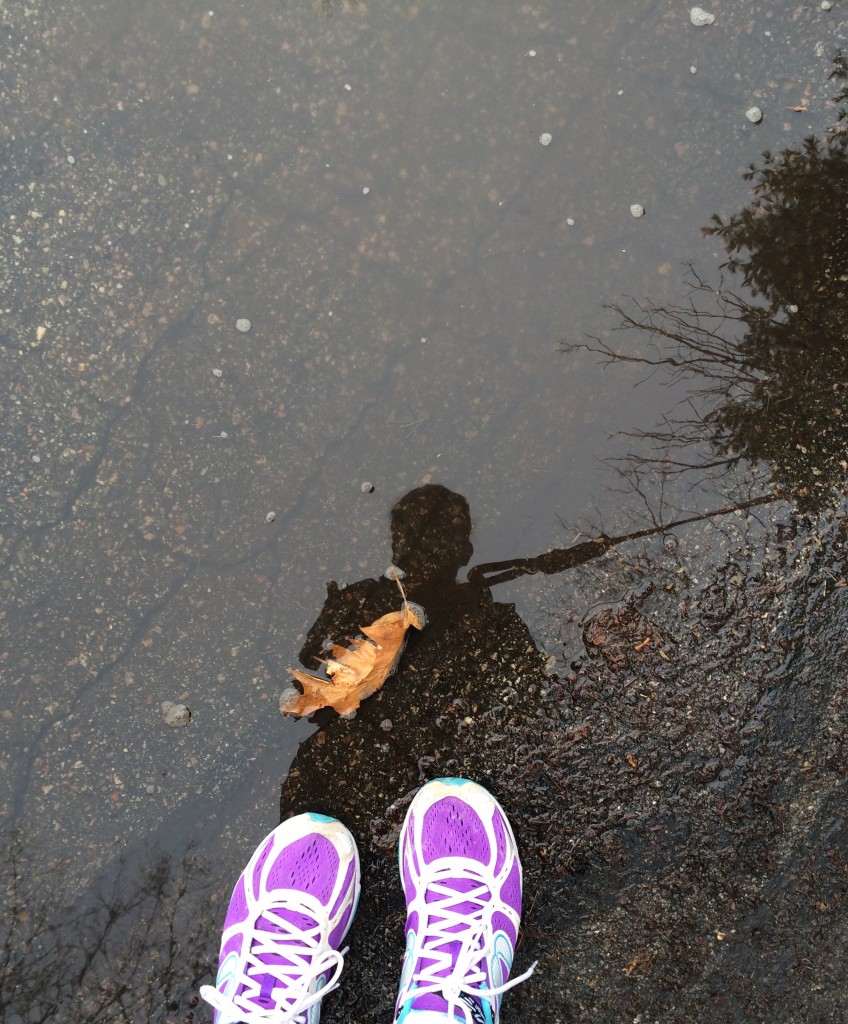
(Alternate post title: Why Do We Talk About Cupcakes So Much?)
Among the myriad lessons from my childhood is the whole ‘crabs in a bucket’ story. It’s a lesson in resiliency: just like crabs pull down the one that is trying to get free and crawl out of the bucket, human nature has this interesting tendency to pull each other down when we don’t feel our own worth or when we feel threatened or trapped. I’m pretty sure it was delivered by my parents whenever kids were being mean to us. Pithy metaphors are a busy parent’s best friend and it probably stuck because I heard it so many times.
But I’m sure going to use it on my kids because it’s true. And it covers a whole lot of what I see but sort of feel immune to: competition among moms. Mommy wars. Supermom ideas. I just don’t understand the ideas ‘competition’ and ‘motherhood’ used together. If we are striving to lead rich, fulfilling lives, and teaching our children to do the same, where does comparing ourselves to other people fit in?
I recently read a post that included tips for new mothers, and at the top of this list was: don’t let what other’s find to be negative suck the joy out of something you enjoy. And I wanted to stitch it on a pillow and put it on my couch. Because mixed in with the whole conversation of motherhood is a tendency to put down the moms who are striving to create, to find their joy. “I can barely get out of my yoga pants, how dare she make a fancy dinner!” or “My kids haven’t stopped fighting and whining, how dare she have a happy crafting afternoon/lunch/trip to the park with her kids!”
I am here to say it is fine to stay in your yoga pants all day. And it is fine to make a fancy dinner and share the recipe. It is fine to be burnt out from kids fighting, and to have a happy day at the park. They are each true experiences of motherhood. One isn’t less real than the the other. And putting down either one because our day was a different experience is pulling each other down. Hopefully we can find solidarity without finding fault.
I’ve been reading a lot of Brene Brown over the past year. You may know from her popular TED talk about The Power of Vulnerability and her book, Daring Greatly. She is a shame researcher, and is very good at thinking about the parts of our life that are really really messy. (Wait, is this post about shame? What exactly are we going to explore here?) In her book, The Gifts of Imperfection, she says that if we look at our own striving, we can see if it is motivated to please someone else or to please ourselves. And I think this is where a lot of the confusion comes from. Because some women are striving to please themselves. Especially if you are on the creative side. And others are doing it to feed their worth, or as Shauna Niequist would say, hustling for love. But the only one who needs to determine that is yourself.
For some reason, this topic keeps coming up in the context of cupcakes for our kids. It’s become a symbol of how we ‘do’ motherhood, an easy target. If a mother had a morning to devote to finding her joy in making organic gorgeous cupcakes, for love and mercy’s sake, let her bring in her healthy and cute cupcakes to the school party. Tell her they look great. And if a mother dashed to the grocery store for corn syrup and oil-laden cupcakes, tell her they look great too. If you find yourself judging her, saying ‘my kid is sensitive to sugar!’ or thinking ‘she should have brought fruit, mine is so much healthier’ Brene is gently suggesting that you might wrestle with some standard of motherhood that might be harming everyone, but especially yourself. I am lucky enough to live in a pretty supportive community, but I hear lots of rumblings from other women, in conversations and Facebook and blog posts that make me think Brene Brown is right about shame. Somehow we are mixing up the ‘doing’ of motherhood with the ‘being’ a mother and we are feeling some shame when we think what we do doesn’t measure up to who we should be.
In I Thought It Was Just Me, Brown’s book I am listening to an the Audible app (love it!) she focuses on human connection, how much we are wired for it, and how shame disconnects us. She talks about things like money, weight, style, prestige, or schooling and how they have similar shame and connection issues as the cupcake example. Lightbulbs keep going off about myself and other people when she talks about shame triggers. When we are more aware of them, we can handle them better. And I realized some of the most mystifying interactions I have had with other people are just shame triggers being pulled. Small things that made them defensive and go into attack modes inexplicably. Catty remarks, sarcastic put downs. Her books explain to me why hurt people hurt others. Feelings of shame make people shame others. It’s what makes us act like crabs in a bucket. Shame brings out our worst traits since we aren’t using the part of our brain that is circumspect and empathetic, we are in the part of our brain that is in fight or flight mode. Going back and tweaking my perceptions with this understanding has been really freeing (said everyone in therapy ever).
One of my biggest shame buttons (oh great, even more fun, she is going to tell us about her shame!!) is how messy my house is at any given moment. And my car. And it gets triggered when my friends with really neat houses/cars/garages drop by or need a ride. Even though I love a clean house, I know I regularly choose to play with my kids, make something in the kitchen, get out of the freaking cold or read something interesting over tidying messes (I prefer the term procrastinator to lazy, as I clean up every night, but potato, pah-tah-to). But by understanding the stress or trigger I feel about it, I can own my shame and my mess. And I am freed to make different choices. Like making my kids clean out the car.
Shame is like the zoom button on a camera. We see ourselves as zoomed in up close and we feel alone. But when we can zoom out, we realized many of us share our experiences. We are all human. We are all in different buckets of hardship trying to get free. To process hard things we need to find the people who have empathy, which is very often the people who have gone through the experience too. (We can’t demand that the people who haven’t gone through our experience should understand and be what we need. Lot’s of heartache at the end of that road.) It is the people who think they are going through them alone that are stuck and often hurt and judgmental. And the people who can connect and find others who can say, yes, me too! who are freed and can turn around and free others.
The most important thing I learned from her research is that by seeing our own apparatus at work in shame and worth and connection, and having compassion for ourselves, we grow in our compassion and understanding towards others. What would mommy wars look like if we all read her books?
Do your thang. Let others do theirs without putting them down. The end.



 I also want this top in every color to go with the cute JCrew shorts.
I also want this top in every color to go with the cute JCrew shorts.






























